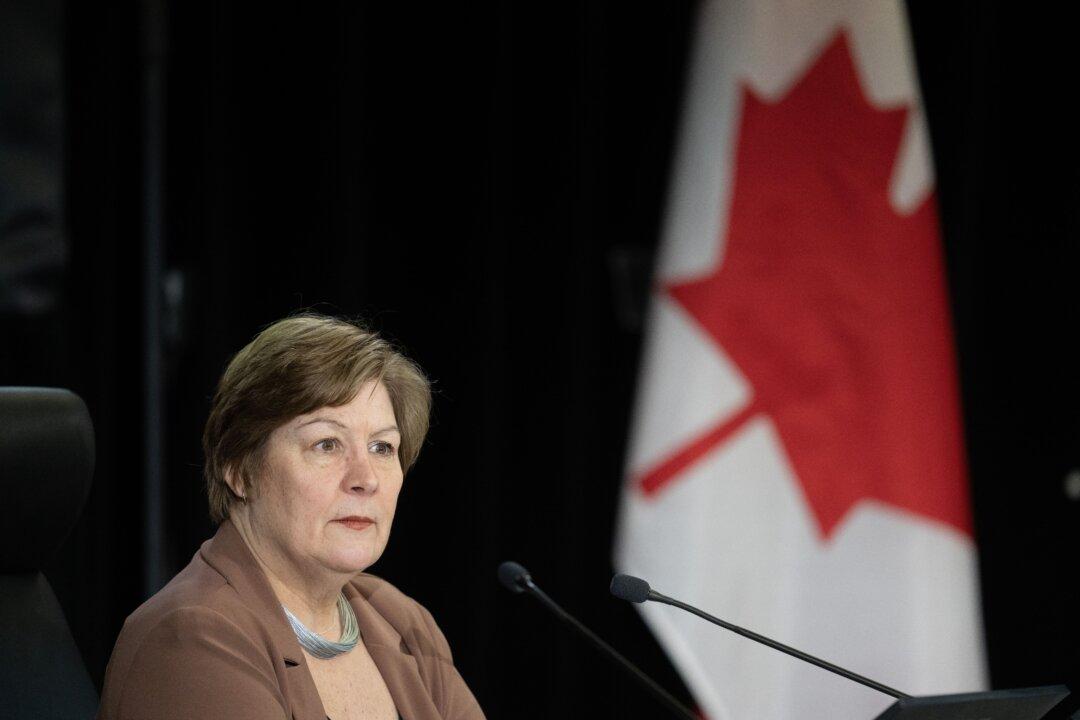The foreign interference inquiry concluded its core public hearings phase on April 12 and a clearer picture has emerged of the threat Canada faces and what the government is doing about it.
The Liberal government had initially resisted holding the inquiry but eventually folded amid political pressure following a steady stream of intelligence leaks in the media about interference from the People’s Republic of China (PRC).





